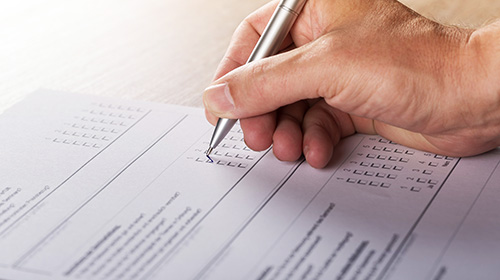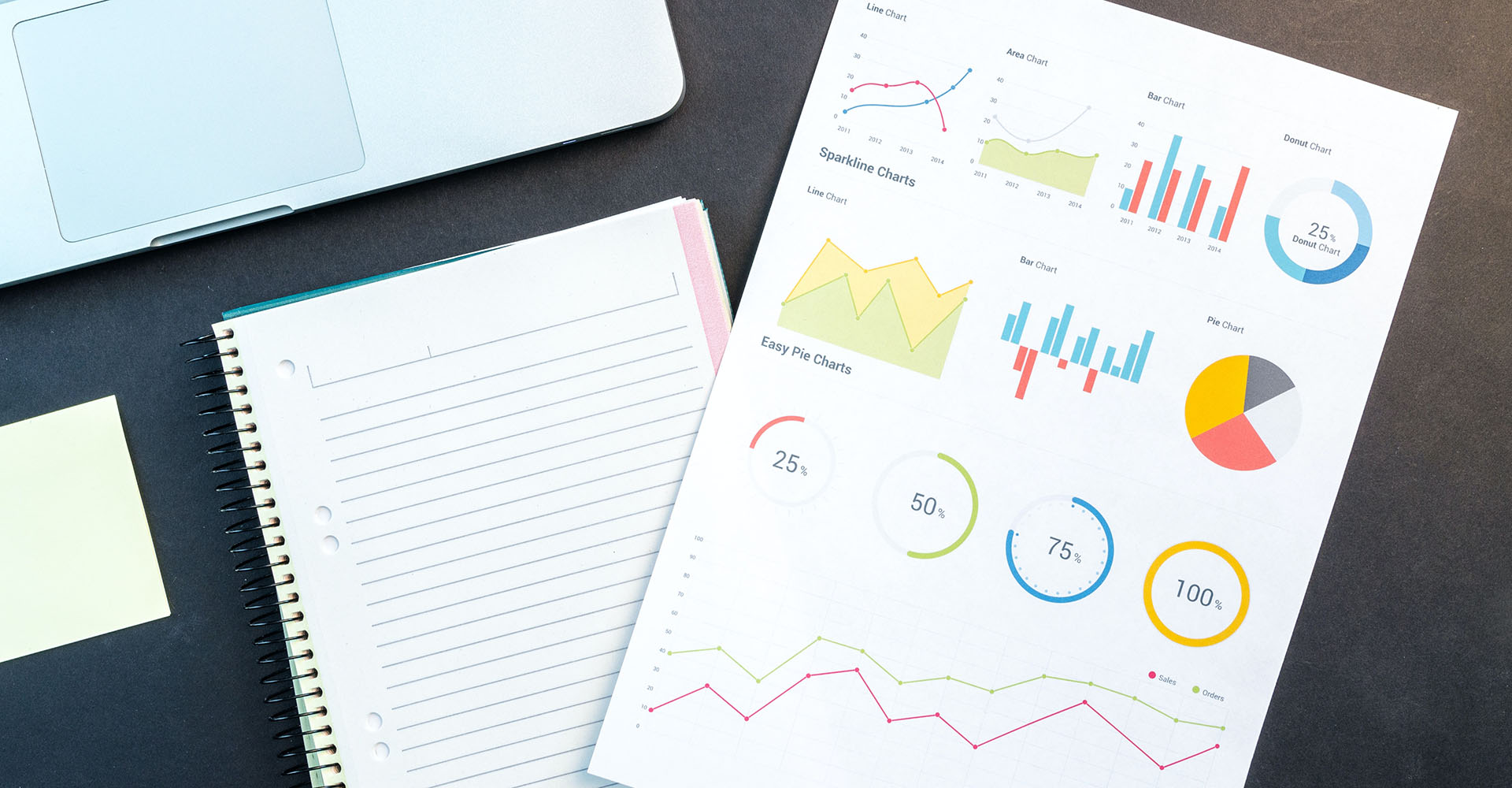Consumer Reactions to Corporate Crises
Corporate crises—those extraordinary critical events that can result in physical harm, financial loss, or environmental damage—often lead to significant backlash from consumers. When a company is at fault, it can face severe retaliation, including negative word-of-mouth and boycotts. But what drives consumers’ responses, and why are some companies judged more harshly than others?
The Role of Country Stereotypes
Interestingly, not all wrongdoers are viewed equally in the public eye. Our research reveals that consumers’ prior beliefs about a company’s country of origin (COO) can significantly bias their reactions during a corporate crisis. While much of international marketing research has shown that a company’s COO can shape consumer behavior in non-crisis situations, we explore how country stereotypes play out in times of crisis.
Consumers typically hold stereotypes about a country’s warmth—how friendly, cooperative, and trustworthy it is—and competence—how capable and efficient it is. We find that these perceptions, particularly the stereotype of warmth, can influence how consumers emotionally respond to a corporate crisis.
Country warmth refers to consumers’ cognitive appraisals of a country’s friendliness, cooperativeness, and trustworthiness. Consumers tend to perceive a country with cooperative, trustworthy intentions as warm and a country with antagonistic, competitive intentions as cold.
Greed Attributions: The Hidden Mechanism
Our research reveals the psychological mechanisms behind these biased reactions. When a company from a country perceived as warm is involved in a crisis, consumers are less likely to attribute the wrongdoing to corporate greed. This reduction in perceived greed helps to buffer the company from the full brunt of condemning emotions such as anger and disgust. On the other hand, if the company is from a country perceived as cold, consumers are more inclined to believe the company acted out of selfish motives, leading to stronger negative emotions and retaliatory intent.
Crisis Type Matters
The type of crisis also plays a crucial role in shaping consumer reactions. We distinguish between corporate ability crises, which involve failures related to the company’s products or services, such as defective items, and corporate value crises, which involve ethical breaches, such as fraud or environmental harm.
Our results show that country warmth stereotypes can effectively mitigate consumer backlash in corporate ability crises but are less effective in corporate value crises. In ethical breach scenarios, the moral implications are too severe for the warmth stereotype to shield the company from consumer outrage.
Implications for Global Brands
For international marketers, these findings are vital. Understanding how country stereotypes influence consumer reactions can help brands manage their reputations during a crisis. Companies from countries perceived as warm might benefit from a certain level of protection against consumer backlash in product-related crises. However, in cases involving ethical misconduct, this protective effect diminishes significantly.
The Bottom Line
Country stereotypes play a significant role in how consumers respond to corporate crises. While warmth can sometimes protect a brand from intense consumer anger, the nature of the crisis and perceptions of corporate greed are critical factors that shape public opinion. For global companies, managing these perceptions is key to navigating the complex landscape of consumer reactions during crises.
Disclosure: This blog post was created with partial assistance from AI tools.
Full reference: Barbarossa, Camilla and Timo Mandler (2021), “Not All Wrongdoers are Equal in the Public Eye: A Moderated Mediation Model of Country Stereotypes, Condemning Emotions, and Retaliatory Intent in Corporate Crises,” Journal of International Marketing, 29 (2), 26–44. https://doi.org/10.1177/1069031X20983806
Cite for: Corporate crises, ability crisis, value crisis, corporate greed, country-of-origin, country stereotypes, warmth and competence, asymmetric effects, condemning emotions, retaliation, boycotting, word-of-mouth, second-order constructs, rigorous pretesting




